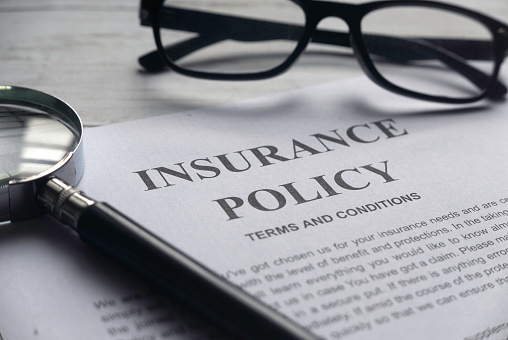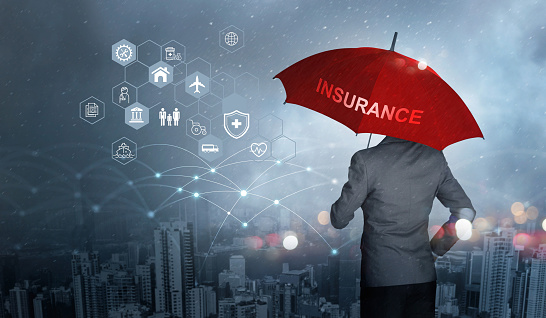
If you’re fortunate, you’ve never needed to use critical illness insurance, sometimes called catastrophic illness insurance. Maybe you’ve never heard of it. However, in the event of a major health emergency, such as cancer, a heart attack, or a stroke, critical illness insurance may be the only thing that keeps you from going bankrupt. Many people believe that a standard health insurance plan will fully protect them, but the exorbitant costs of treating life-threatening illnesses are usually more than any plan will cover. Continue reading to learn more about critical illness insurance and whether you and your family should consider it. You can consider to buy insurance policy for critical illness Malaysia here.
People created critical illness insurance in 1996 after realising that surviving a heart attack or stroke could leave a patient with insurmountable medical bills. If you have critical illness insurance, it will pay out if you have one or more of the following medical emergencies:
- Heart attack
- Stroke
- Organ transplants
- Cancer
- Coronary bypass
Because these illnesses necessitate extensive medical care and treatment, the costs of these illnesses can quickly outstrip a family’s medical insurance policy. If you don’t have an emergency fund or a health savings account (HSA), paying those bills out of pocket will be even more difficult.

Many people are now opting for high-deductible health plans, which can be a double-edged sword: consumers benefit from relatively low monthly premiums but can find themselves in serious financial trouble if a serious illness strikes. Critical illness insurance can cover costs that traditional insurance does not cover. The funds can also be used for non-medical expenses related to the illness, such as transportation and child care. In most cases, the insured will receive a lump sum to cover these expenses. Coverage limits vary by policy, but you could be eligible for anything from a few thousand dollars to $100,000. A variety of factors influence policy pricing, including the amount and scope of coverage, the insured’s gender, age, and health, and family medical history.
Critical illness insurance has some exclusions. Some cancers may not be covered, and chronic illnesses are frequently excluded. If a disease recurs or if you have a second stroke or heart attack, you may be unable to receive a payout. Some insurance policies may terminate when the insured reaches a certain age. As with any type of insurance, read the policy thoroughly. The last thing you need to be concerned about is your emergency plan.
Why Is It Important?

- Low cost, Limited coverage
- Part of what makes these policies appealing is that they are generally inexpensive, especially if obtained through an employer. Some lower-cost plans cost as little as $25 per month, which appears to be a steal when compared to the cost of a typical, low-deductible health insurance policy.
- Some healthcare experts are skeptical that they are a good value for consumers. One major concern is that they will only reimburse you for a limited number of illnesses. If your illness does not meet the definition of a covered illness, you are out of luck.
- Companies have been eager to add these plans because they recognize that employees are concerned about high out-of-pocket expenses with a high-deductible plan. Workers generally bear the entire cost of critical illness plans, as opposed to other types of healthcare benefits. As a result, it saves money for both businesses and employees.